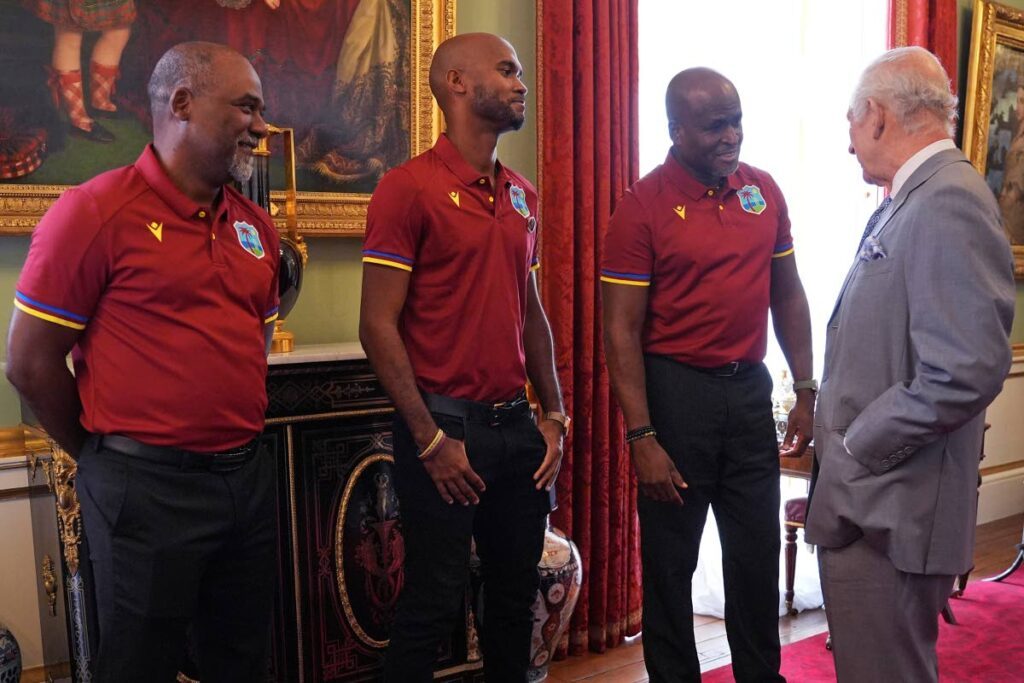West Indies cricket lacks critical thinking

THE EDITOR: The Merriam-Webster dictionary defines critical thinking as: “the act or practice of thinking critically in order to solve problems, evaluate information, discern biases, etc.” It gives a second definition: “the set of skills, methods, etc involved in critical thinking.”
In a previous letter I dealt with the direct relationship between critical thinking and positive outcomes in sport. The point was made that sport is 20 per cent athletic ability and 80 per cent critical thinking. While natural ability and hard work can get you so far, it is critical thinking that will carry you over the finish line.
If positive outcomes in sport are so heavily dependent on this intangible called critical thinking, then why isn’t it being employed more by our teams?
Since the transition in 1991, the fans of the West Indies cricket team have been hearing about "turning the corner" or "rebuilding process." It does not take that long to do either of those – at least not in excess of 30 years. Besides, sports fans are impatient, and so too are sponsors.
So, it was rather interesting reading about an appeal from Andre Coley – West Indies coach – for the fans to be "patient." This, after the team’s dismal performance in England, and ahead of the current series against South Africa. The West Indies has not been known to have three consecutive "good" sessions. This is because the players lack critical thinking as part of their game.
This is not to say that they lack talent. Instead, it is this intangible that elite athletes and teams use to achieve success in sport.
Coley further went on to speak about the "steep learning curve" for new players. While that may be so, it is that intangible called critical thinking which is not being employed.
In the same interview, Coley alluded to critical thinking but called it "common sense," and admitted that his side was “not equipped to seize the moment.” That is an indictment!
West Indies players earn a (good) living by playing cricket professionally. During that same interview, Coley spoke about "deficiencies" which were exposed in England. However, he did not speak to any remedial work to address those deficiencies. The responsibility to ensure that the team is "equipped" falls to Cricket West Indies (CWI). However, it does not always have the full support of the West Indies Players Association (WIPA).
About 20 years ago, during the presidency of Teddy Griffith, the WICB Inc (as it was then known) tried to implement contracts for its players which sought to link their pay with the team’s international ranking. This was opposed by WIPA. This would have put both players and fans in a good place: the team would be earning more as their performance improved, and the fans would be happy.
There is urgent need for an intervention which will address this thing called critical thinking and how its proper implementation will augur well for West Indies cricket and all of its stakeholders.
DERRICK NICHOLAS
via e-mail

Comments
"West Indies cricket lacks critical thinking"